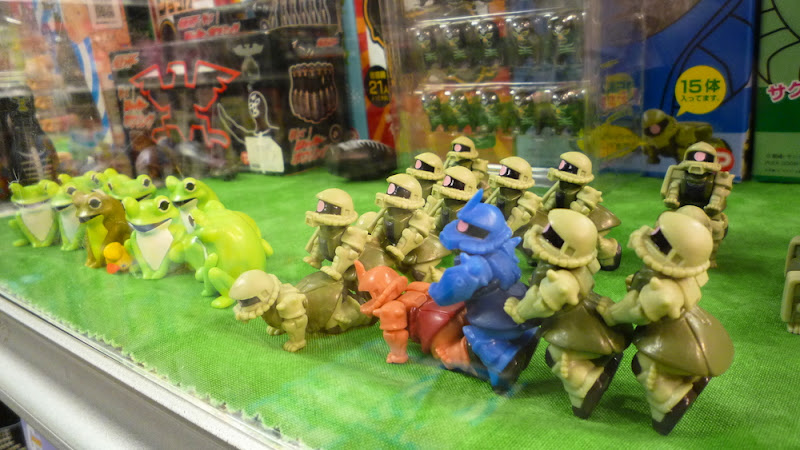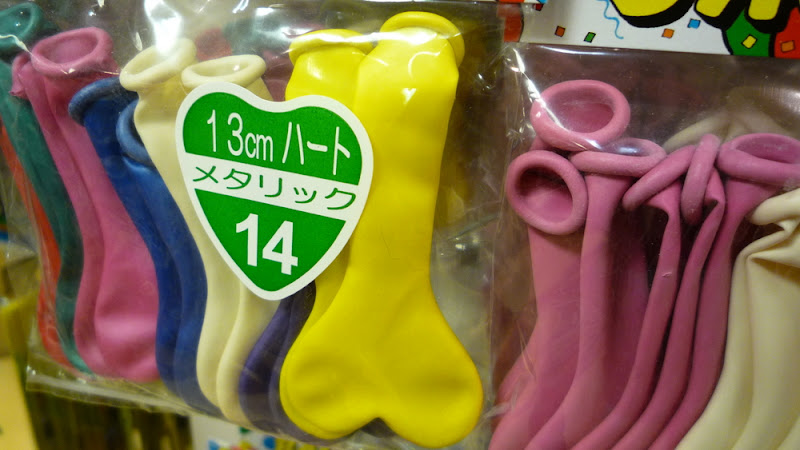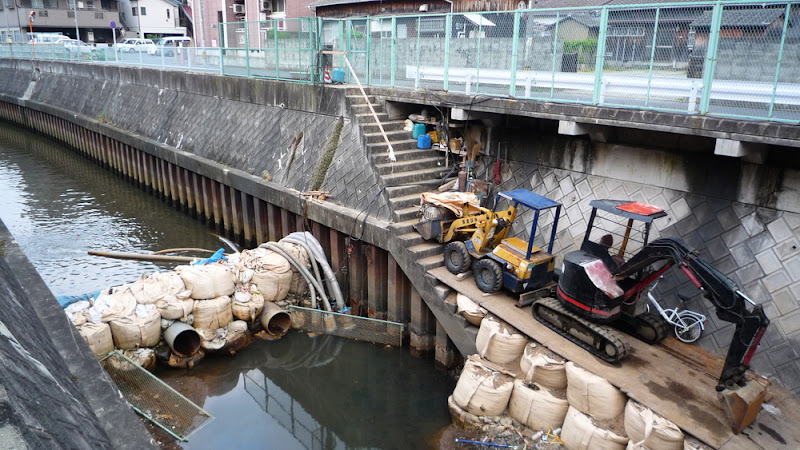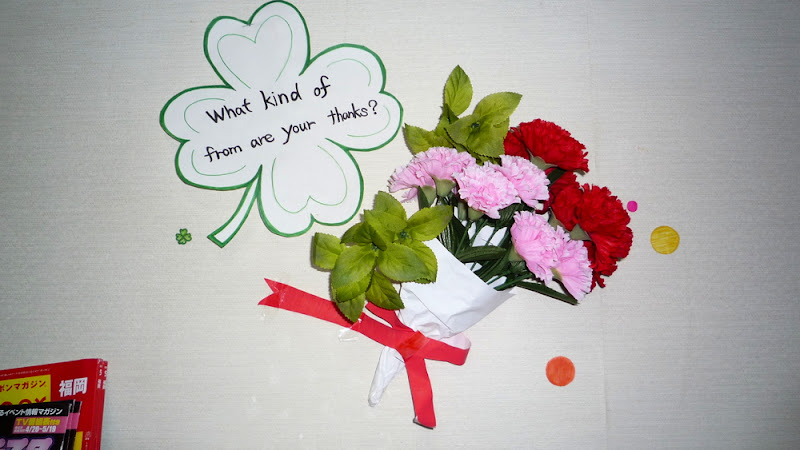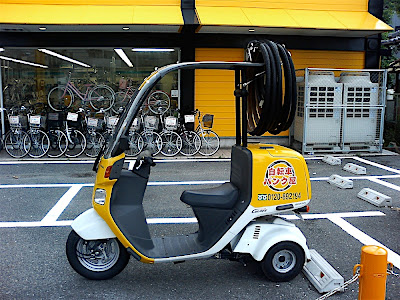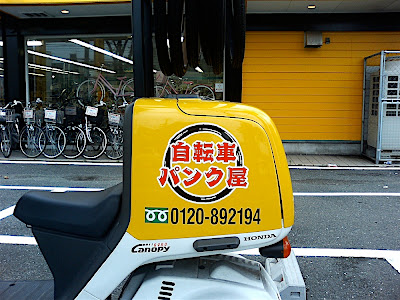En el menú de un restaurante, en los envases de alimentos y en muchos sitios más puedes encontrar esta frase: «Las fotografías son imágenes» advirtiendo para que no los denuncies por publicidad engañosa. Solo que la palabra imágenes está presente en forma de anglicismo confuso.
お店のメニュー、いろんな商品の箱などによく載っている「写真はイメージです」には、英語を分かる人に誤解されそうな外来語が入っている。
«Photographs are images». You can find this line on a restaurant menu, on the box of any product, and basically wherever. They put it for you not to sue them for untrue advertising. But images does not quite mean «pictures» here.
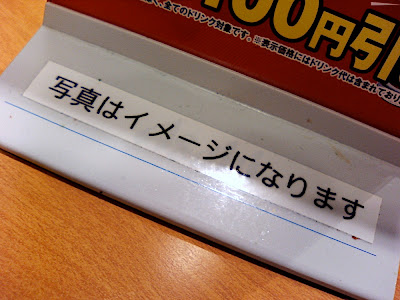
Parece que la primera acepción de la versión japonesa de image es «imagen mental», que tanto en inglés como en español es una acepción bastante secundaria. Esta es la acepción de imagen que un español interpreta en la frase «las fotografías son imágenes»:
1. f. Figura, representación, semejanza y apariencia de algo. (RAE)
Y esta es la acepción de imagen que un japonés interpreta en la frase «las fotografías son imágenes».
4. f. Ret. Representación viva y eficaz de una intuición o visión poética por medio del lenguaje. (RAE)
Una muestra más de que los anglicismos que se encuentran en el japonés no son muy de fiar, dando problemas a los japoneses que aprenden idiomas o a los extranjeros que aprenden japonés.
—
「イメージ」と書いてあったら「心像」でしょ?日本語ではそうだが、英語では主に具体的な「像」の意味がある。「心像」という意味もあるが、例の文章のように「イメージ」としか書いていない場合は「画像」などもっと具体的な意味になるかも知れない。「写真はイメージになります」を訳して英語の人に読ませたら、多分下記の意味だと思われる。
━━ n. 像; 肖像, 画像, 彫像; 映像; 形; 生写し (the 〜 of his father); 典型; 象徴; 【心】心像; 面影; 全体的印象; 【修辞】比喩(ひゆ)(goo 辞書)
しかし「イメージ」という日本語の意味は下記の通りである。
イメージまたは心的イメージ(しんてきイメージ、英語:Mental image)とは、何かの物体、出来事、または情景などを知覚する経験に極めて似通った経験であるが、対象となるはずの当の物体、出来事、また情景が感覚において現前していないような経験を言う(McKellar, 1957年、Richardson, 1969年、Finke, 1989年、Thomas, 2003年)(Wikipedia)
ということは、外来語はもとの意味と異なることが多いので外国語を学ぶときは注意しよう。もちろん、日本語に挑む外国人にも難しい。
—
Image‘s most probably expected could be «picture», but the adopted Japanese term image (イメージ) means «mental image» more often than not. This might be what you understand when you read image in a passage like «photographs are images».
1: a reproduction or imitation of the form of a person or thing; especially : an imitation in solid form
2 a: the optical counterpart of an object produced by an optical device (as a lens or mirror) or an electronic device b: a visual representation of something: as (1): a likeness of an object produced on a photographic material (2): a picture produced on an electronic display (as a television or computer screen) (Merriam-Webster)
And this might be what a Japanese speaker understand when reading image in a passage like «photographs are images».
5 a (1): a mental picture or impression of something (2): a mental conception held in common by members of a group and symbolic of a basic attitude and orientation (Merriam-Webster)
English is not my native language so feel free to correct me. But what I think is one has to be wary with most foreign terms the Japanese language has adopted. This can bring trouble to Japanese people learning English, as well as to English speakers people learning Japanese.


